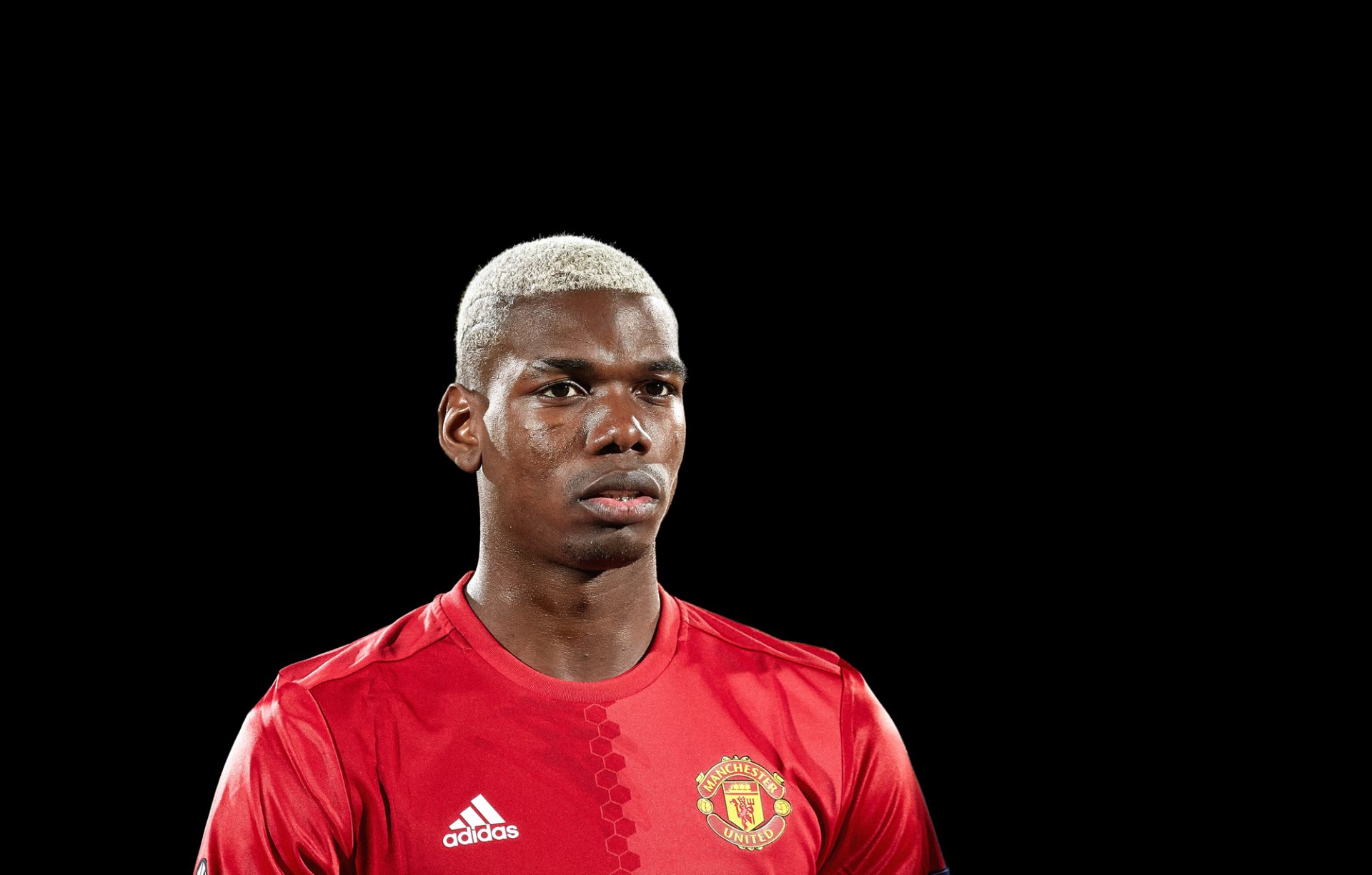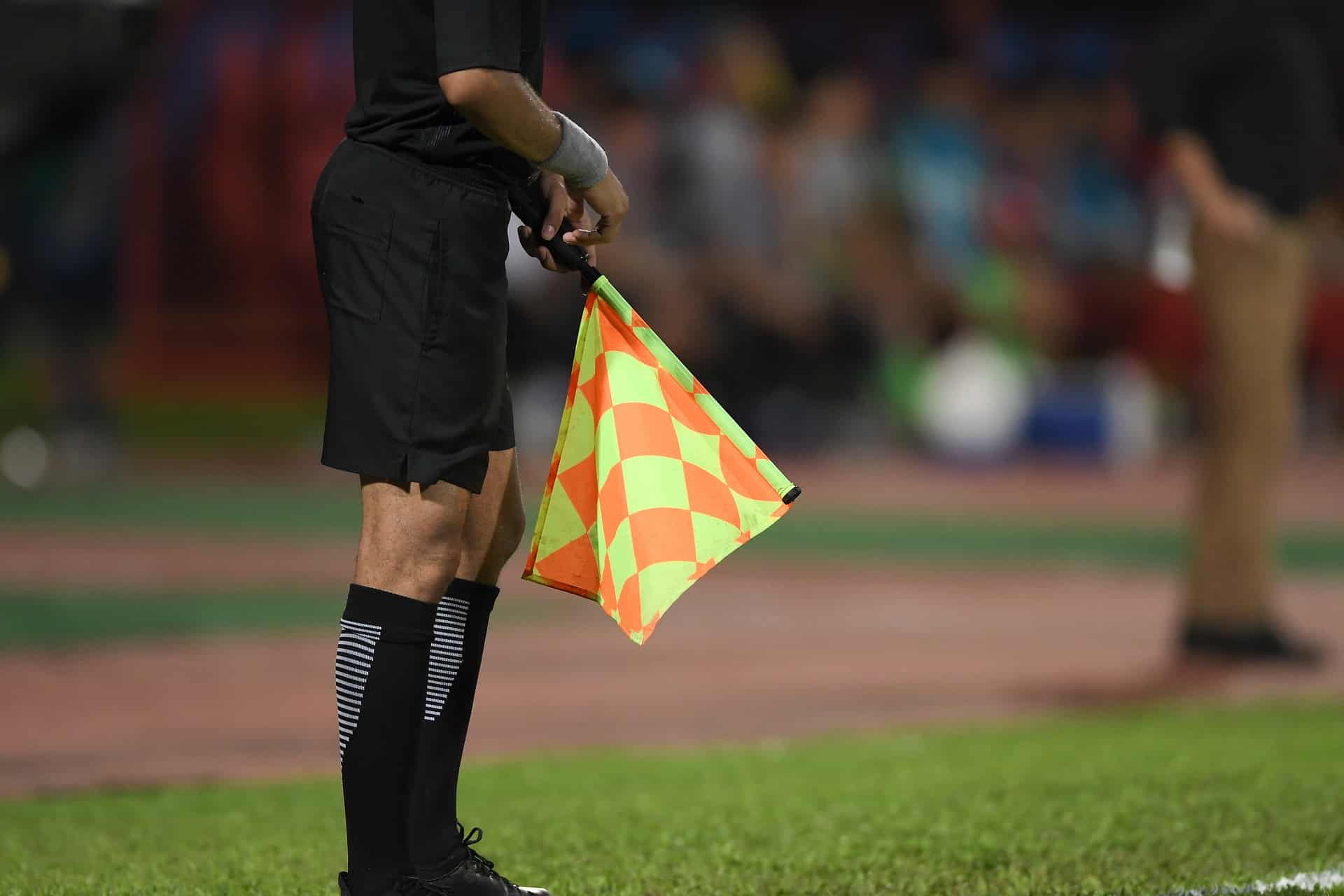UEFA’s World Cup & Euros Qualification Needs to Change
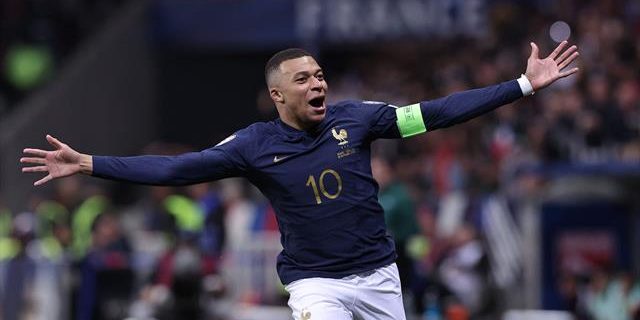
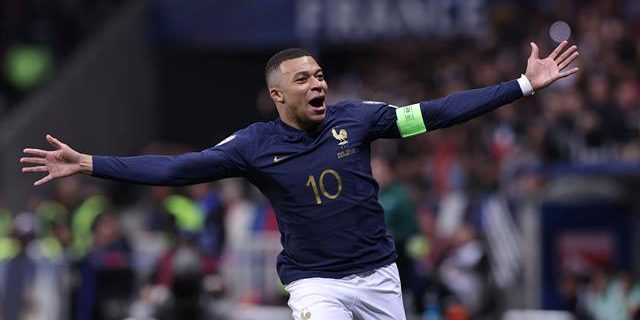
Table of Contents
UEFA’s World Cup & Euros Qualification needs to change, as has been highlighted yet again with international football results during this break.
France’s comical 14-0 victory over Gibraltar highlighted a gulf in quality between the best and worst sides in Europe, but this isn’t the first time we’ve seen double figure scorelines in UEFA qualifying. When the sole interest in the game is wondering how the on-screen scoreboard graphic will react to going into double digits, you know there’s a problem.
What can be done to change this, though? And what are the knock-on effects of having the current system in place? We’ve got a few ideas and UEFA would do well to learn from other continents when it comes to World Cup and confederation tournament qualifying.
UEFA’s World Cup & Euros Qualification Needs to Change
Football and the world around us is constantly changing. What was good in the past, might not be suitable for the future and that’s certainly the case when it comes to UEFA’s qualifying format. Let’s take the 1988 European Championship, for example, as this was the final one before the fall of communism in Europe.
There were seven groups of either four or five teams, which made for a total of 32 nations. This was before Yugoslavia and the Soviet Union broke up, something that would expand the European pool by over a dozen members.
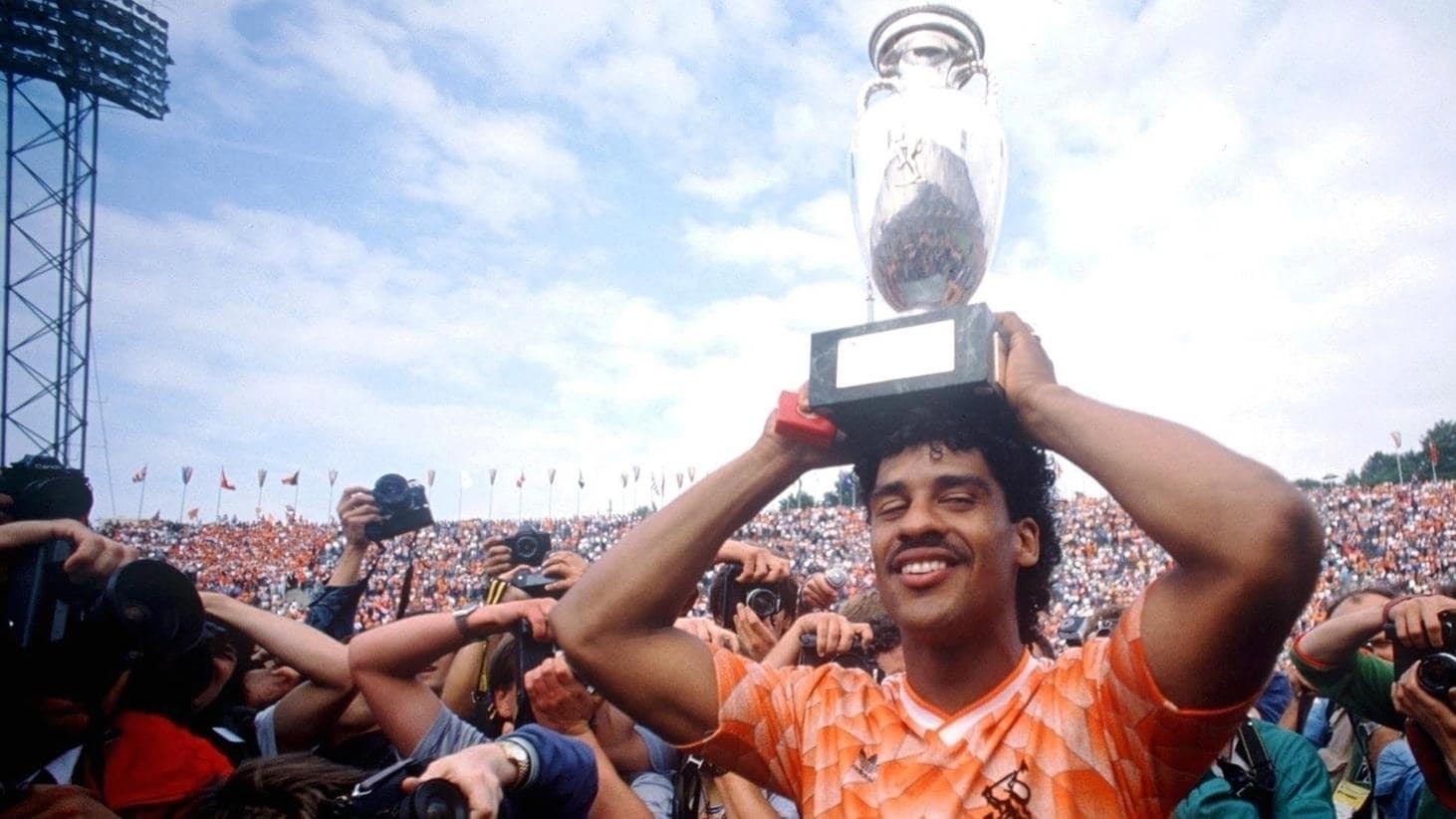
In 1988, the lowest ranked pot had Iceland, Malta, Cyprus and Luxembourg in it. Euro 2024’s bottom two pots are full of sides that have no realistic hope of qualifying, such as San Marino, Andorra, Liechtenstein, Moldova and Gibraltar.
I’m not for one second suggesting that these teams shouldn’t be allowed in qualifying, it’s fantastic that so many compete for spots in the World Cup and European Championships. The format needs to be looked at though, because double-figure score lines are embarrassing for all involved.
These scorelines are making a mockery of records
Something that hasn’t been talked about too regularly are the international goalscoring records. Footballers’ careers are longer now than ever before, so it’s only natural that goalscoring records are being broken as a result.
These records, though, are tumbling far quicker and with more ease than was possible ten of twenty years ago. We’ll use France for this example, as they’re the team under the spotlight here. Olivier Giroud rightly received plaudits for becoming France’s new all-time goalscorer, overtaking Thierry Henry.

Giroud is a great player and the striker’s longevity for both the French National Team and AC Milan is impressive. However, he is not on Henry’s level, who was undoubtedly world class and is one of the best footballers to never win the Ballon d’Or.
Giroud netted twice against Gibraltar, while Kylian Mbappe scored a hat-trick. Mbappe is rightfully regarded as one of the best players in the world and he’s netted 46 times for France, with only Giroud and Henry above him in the charts.
These differences between the generations are more pronounced now than ever before and it’s partly a result of current sides playing so many more pointless walkovers, despite them counting as “competitive” matches. The all-time greats are being disrespected and it’s also doing a disservice to the current top players in Europe.
How should qualifying change?
So, what should be done? Well, the answer is actually pretty simple, do what Asia does. The AFC has 46 teams vying for qualifying for the 2026 FIFA World Cup, a similar amount to Europe’s 53 who are in Euro 2024 qualifying.
There are two stages, where most of the top sides receive a bye to the second stage. The first stage is used to whittle down the worst teams in the confederation, to help prevent double-digit score lines like we see in Europe every year. It’s a simple knock-out play-off with a home and away leg for both sides, that’s all you need.
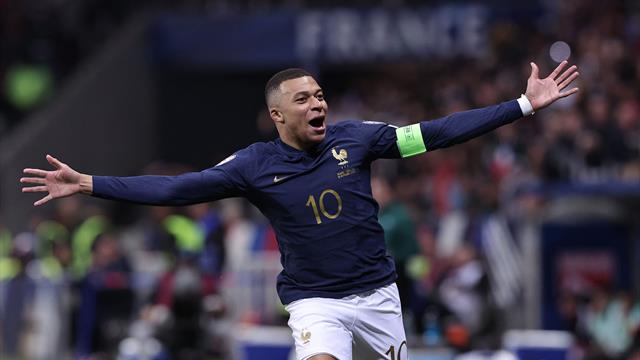
So, for European qualifiers, there could still be ten groups, where the top twenty-seven ranked European sides are automatically through to the second stage. The remaining 26 are halved to 13 for the second stage to make ten groups of four teams.
The numbers can change if UEFA gains any new members in the future, but the theory should stay the same.
This isn’t a perfect system, as some would argue that this would be a move which reduces unpredictability and makes it tougher for the smaller nations to qualify for international tournaments.
While that’s technically true, I don’t think that the players of San Marino and Gibraltar enjoy playing against the world’s best compared to having a chance against players that are a similar quality to them.
San Marino’s social media admins regularly lose the plot when they score a goal and as amusing as that is to see, it is a bit sad when you really think about it. In a day and age when more players are being injured than ever before, football should really use the ethos of “less is more” when it comes to international fixtures.




